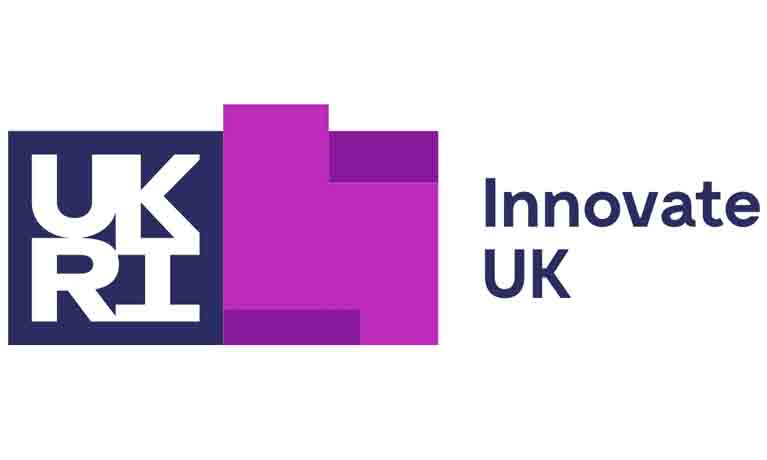
Open Flight Deck
Funder
Innovate UK
Total value of project
£26.5 million
Value to Coventry University
£600,000
Project team
Professor Don Harris, Dr John Huddlestone, Dr James Blundell, Dr Steve Scott, Charlotte Collins, Tassos Plioutsias
Collaborators
GE Aviation Systems (Lead), BAE Systems, Rolls-Royce, University of Southampton
Duration of project
01/03/2017 - 30/11/2021

Project overview
Next generation civil aircraft will require a step change in the flight deck capability to deliver new operational scenarios coupled with requirements for greater system and technology transparency.
Airline operators are demanding reduced acquisition cost, including certification and reduced cost of change, as well as an upgrade path to the introduction of new more efficient technologies with minimised re-certification costs. Flight crew remain central to the aircraft operations and the optimisation of their workload is a critical need. Flight deck technology will need to co-opt the latest developments in computing platform, Human-Machine Interface (HMI), crew aids and pilot interaction technologies to deliver these requirements in a cost-competitive manner.
The Open Flight Deck (OFD) project partners: GE Aviation, BAE SYSTEMS, Rolls Royce, Coventry University and the University of Southampton, will address these needs by developing an open, accessible and standardised avionic platform for the flight deck which supports the introduction of new technologies, software applications and peripheral devices. Within the open flight deck framework the project will also develop new crew aids to both optimise flight crew work load and improve situational awareness to extend safe aircraft operations, as well as integrate new and existing applications to; add functionality, simplify the flight deck, reduce error potential and harness big data opportunities.
Project objectives
To develop an accessible platform for the flight deck which supports: New technologies; New applications such as crew decision aids harnessing big data; and 21st century HMI such as touch, voice and haptics.
To utilise the platform to evaluate novel flight deck solutions which: Address aviation challenges; Are suitable for commercial exploitation; and Meet the needs of aircraft OEM and airlines.




